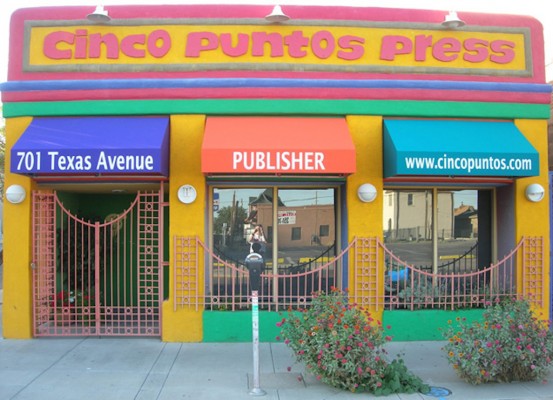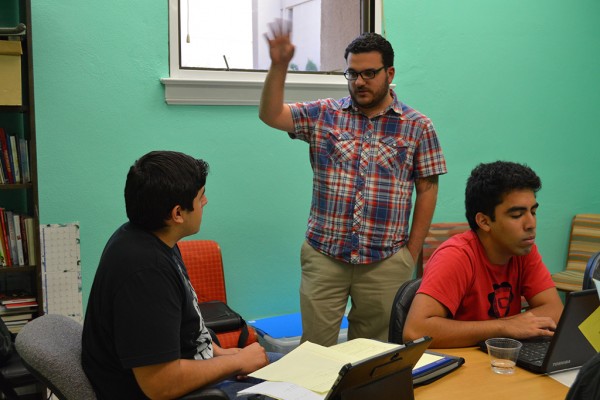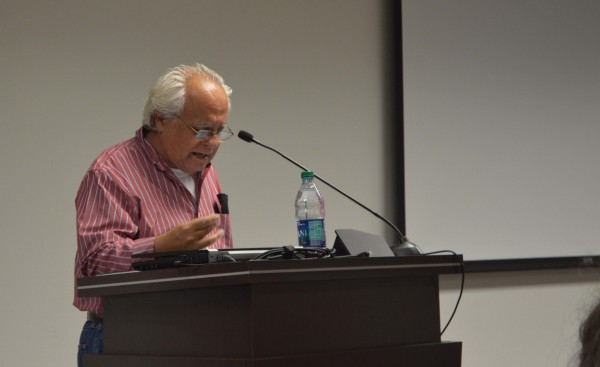It is time for the world of literature to reflect the diversity of the real world
|
An article in The Atlantic reported last year that nearly a third of Americans had not read a book in the time span of a year. From paperbacks to the now ever so popular e-book, Atlantic says that the number of people who do not read books at all has tripled since 1978. With a little research into the world of books myself; it wasn’t hard to notice that the lack of diversity in the publishing realm is probably not helping. Books and literature in general, that appeal to people of color and LGBTQ+, has also seen a steady shortage. According to the Center for American Progress, in 2014, people of color made up 40 percent of just 13 states.


